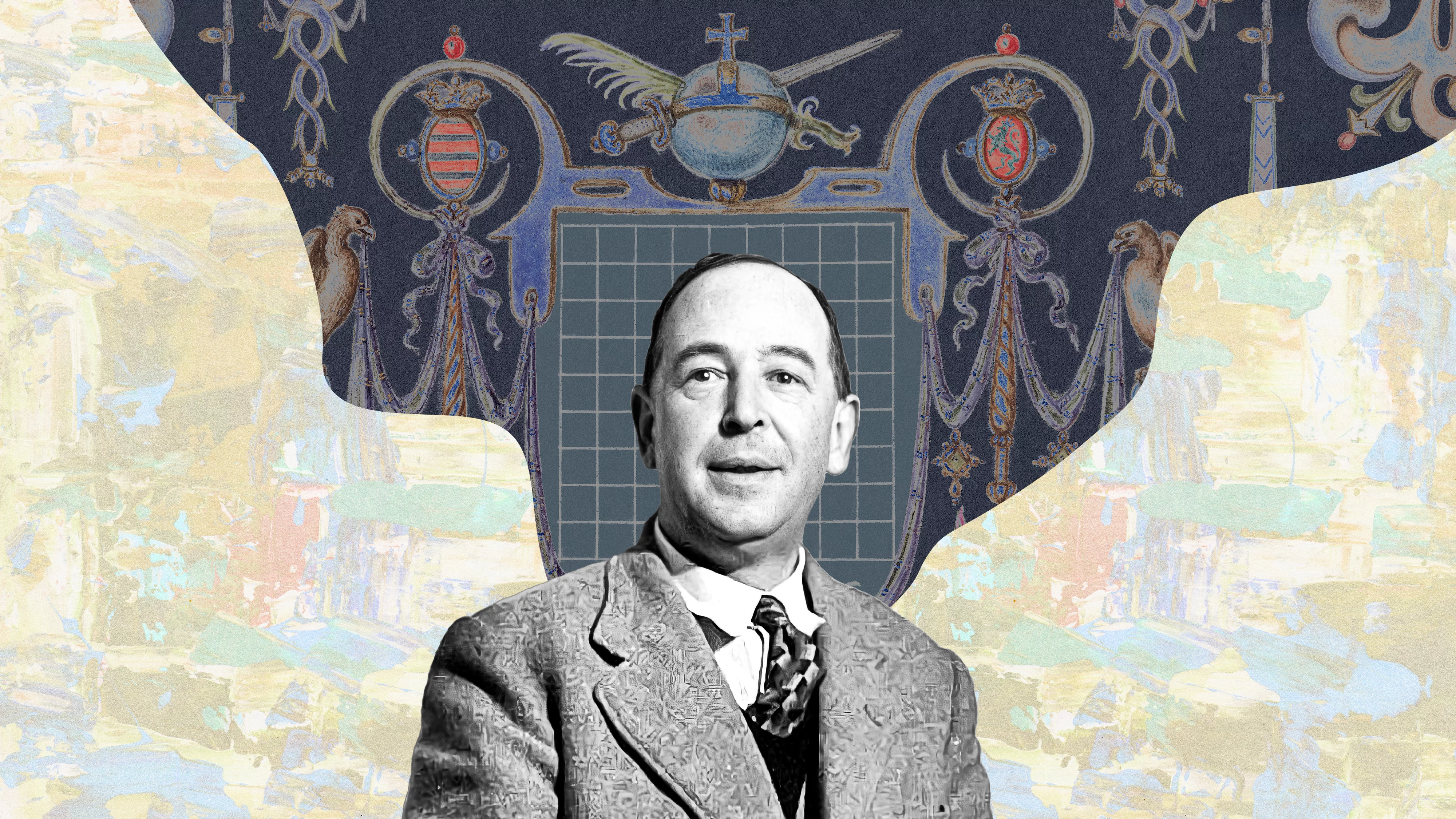Lewis, C. S.. Surprised by Joy (pp. 130-132). HarperCollins.
But whatever the rationality of the design, I contend that it did not achieve its object. For the last thirty years or so England has been filled with a bitter, truculent, sceptical, debunking, and cynical intelligentsia. A great many of them were at public schools, and I believe very few of them liked it. Those who defend the schools will, of course, say that these Prigs are the cases which the system failed to cure; they were not kicked, mocked, fagged, flogged, and humiliated enough. But surely it is equally possible that they are the products of the system? That they were not Prigs at all when they came to their schools but were made Prigs by their first year, as I was? For, really, that would be a very natural result. Where oppression does not completely and permanently break the spirit, has it not a natural tendency to produce retaliatory pride and contempt? We reimburse ourselves for cuffs and toil by a double dose of self-esteem. No one is more likely to be arrogant than a lately freed slave.
I write, of course, only to neutral readers. With the whole-hearted adherents of the system there is no arguing, for, as we have already seen, they have maxims and logic which the lay mind cannot apprehend. I have even heard them defend compulsory games on the ground that all boys ‘except a few rotters’ like the games; they have to be compulsory because no compulsion is needed. (I wish I had never heard chaplains in the Armed Forces produce a similar argument in defence of the wicked institution of Church Parades.)
But the essential evil of public school life, as I see it, did not lie either in the sufferings of the fags or in the privileged arrogance of the Bloods. These were symptoms of something more all-persuasive, something which, in the long run, did most harm to the boys who succeeded best at school and were happiest there. Spiritually speaking, the deadly thing was that school life was a life almost wholly dominated by the social struggle; to get on, to arrive, or, having reached the top, to remain there, was the absorbing preoccupation. It is often, of course, the preoccupation of adult life as well; but I have not yet seen any adult society in which the surrender to this impulse was so total. And from it, at school as in the world, all sorts of meanness flow; the sycophancy that courts those higher in the scale, the cultivation of those whom it is well to know, the speedy abandonment of friendships that will not help on the upward path, the readiness to join the cry against the unpopular, the secret motive in almost every action. The Wyvernians seem to me in retrospect to have been the least spontaneous, in that sense the least boyish, society I have ever known. It would perhaps not be too much to say that in some boys’ lives everything was calculated to the great end of advancement. For this games were played; for this clothes, friends, amusements, and vices were chosen.
And that is why I cannot give pederasty anything like a first place among the evils of the Coll. There is much hypocrisy on this theme. People commonly talk as if every other evil were more tolerable than this. But why? Because those of us who do not share the vice feel for it a certain nausea, as we do, say, for necrophily? I think that of very little relevance to moral judgement. Because it produces permanent perversion? But there is very little evidence that it does. The Bloods would have preferred girls to boys if they could have come by them; when, at a later age, girls were obtainable, they probably took them. Is it then on Christian grounds? But how many of those who fulminate on the matter are in fact Christians? And what Christian in a society so worldly and cruel as that of Wyvern, would pick out the carnal sins for special reprobation? Cruelty is surely more evil than lust and the World at least as dangerous as the Flesh. The real reason for all the pother is, in my opinion, neither Christian nor ethical. We attack this vice not because it is the worst but because it is, by adult standards, the most disreputable and unmentionable, and happens also to be a crime in English law. The World will lead you only to Hell; but sodomy may lead you to jail and create a scandal, and lose you your job. The World, to do it justice, seldom does that.
If those of us who have known a school like Wyvern dared to speak the truth, we should have to say that pederasty, however great an evil in itself, was, in that time and place, the only foothold or cranny left for certain good things. It was the only counterpoise to the social struggle; the one oasis (though green only with weeds and moist only with foetid water) in the burning desert of competitive ambition. In his unnatural love-affairs, and perhaps only there, the Blood went a little out of himself, forgot for a few hours that he was One of the Most Important People There Are. It softens the picture. A perversion was the only chink left through which something spontaneous and uncalculating could creep in. Plato was right after all. Eros, turned upside down, blackened, distorted, and filthy, still bore traces of his divinity.
A Severe Mercy – Letter to Sheldon Vanauken (14 May 1954), chap 6, pp. 147-148.
Taken from a letter that Lewis wrote to Sheldon Vanauken, who had written for counsel on how to counsel students with questions about Christianity and homosexuality.
First, to map out the boundaries within which all discussion must go on, I take it for certain that the physical satisfaction of homosexual desires is sin. This leaves the homosexual no worse off than any normal person who is, for whatever reason, prevented from marrying.
Second, our speculations on the cause of the abnormality are not what matters and we must be content with ignorance. The disciples were not told why (in terms of efficient cause) the man was born blind (John 9:1-3): only the final cause, that the works of God should be made manifest in him. This suggests that in homosexuality, as in every other tribulation, those works can be made manifest: i.e. that every disability conceals a vocation, if only we can find it, which will ‘turn the necessity to glorious gain.’ Of course, the first step must be to accept any privations which, if so disabled, we can’t lawfully get. The homosexual has to accept sexual abstinence just as the poor man has to forego otherwise lawful pleasures because he would be unjust to his wife and children if he took them. That is merely a negative condition.
What should the positive life of the homosexual be? I wish I had a letter which a pious male homosexual, now dead, once wrote to me—but of course it was the sort of letter one takes care to destroy. He believed that his necessity could be turned to spiritual gain: that there were certain kinds of sympathy and understanding, a certain social role which mere men and mere women could not give. But it is all horribly vague and long ago. Perhaps any homosexual who humbly accepts his cross and puts himself under Divine guidance will, however, be shown the way. I am sure that any attempt to evade it (e.g. by mock or quasi-marriage with a member of one’s own sex even if this does not lead to any carnal act) is the wrong way. Jealousy (this another homosexual admitted to me) is far more rampant and deadly among them than among us. And I don’t think little concessions like wearing the clothes of the other sex in private is the right line, either. It is the duties, burdens, the characteristic virtues of the other sex, I suspect, which the patient must try to cultivate. I have mentioned humility because male homosexuals (I don’t know about women) are rather apt, the moment they find you don’t treat them with horror and contempt, to rush to the opposite pole and start implying that they are somehow superior to the normal type.
I wish I could be more definite. All I have really said is that, like all other tribulations, it must be offered to God and His guidance how to use it must be sought.

